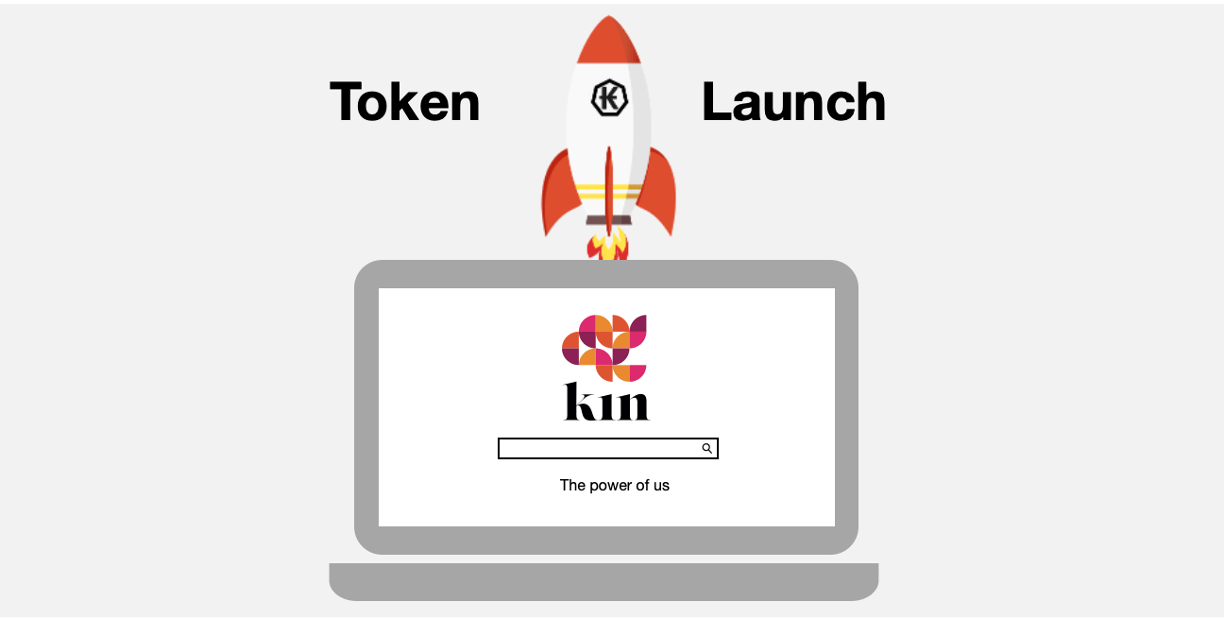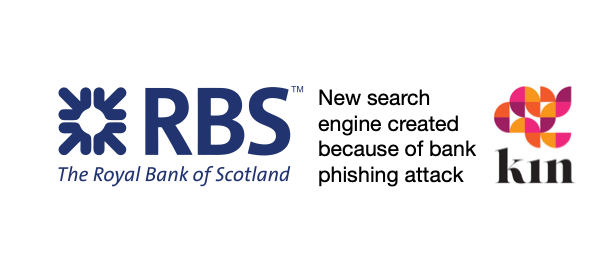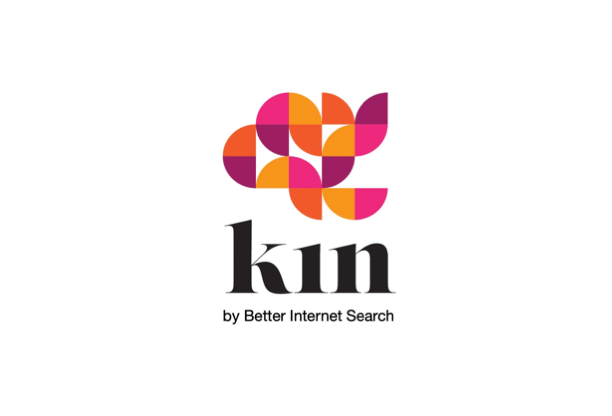For those that just like the headlines; the books are ‘Who Owns the Future?’ by Jaron Lanier, ‘Life after Google’ by George Gilder and ‘The Return of Reginald Perrin’ by David Nobbs, and the question is ‘Do I need a psychologist?’

The first two (non-fiction) books are about the technological world we live in, about change and the future. I can recommend them both and derive some pleasure from the fact that am involved (through my company Better Internet Search) in the growing movement that is creating a brighter on-line future. I am, by nature, an optimist and I don’t believe it would be possible to be pessimistic and a successful entrepreneur at the same time. However, the fictional character, Reginald Perrin, in my third book choice is an exception to this. Despite hilarious attempts to achieve failure, his business (Grot, which sells completely useless products) continues to prosper as his customers do not behave in the manner he expected. My question is based on Perrin’s, and my own, observation that people often behave in seeming illogical ways which can take businesses by surprise, so do we need to employ more psychologists in technology businesses that are trying to pioneer the future.
I have observed how difficult it is to convince users to adopt next generation digital products where the user benefits are clear and the company ethics are aligned to the customer, but still the conversion is low. I am not just talking about my own company’s product, there are many examples and while Geoffrey Moore’s book ‘Crossing the Chasm’ explains some of this behaviour, it does not enlighten us on why the incumbent monopolies are so hard to break - even when faced with mature, technically and/or ethically superior products. We perhaps need behavioural psychologists to help guide a path to success. Of course, many large organisations do use psychologists and the science of psychographics combined with AI has been proven to very effective when applied to some behaviour change applications (think Facebook and Cambridge Analytica).
My recent, somewhat limited, contact with behavioural scientists has taught me that behaviour change is triggered by multiple factors and can be intentionally manipulated by interventions based on a strategy to encourage a particular outcome. A slow gradual shift in our behaviour is natural as our environment changes, whereas interventions based on effective strategies, can greatly accelerate this change. The first two books I mentioned focus a lot on the technology and the unfair business models that currently persist. They say little about the psychology of the user which is an important element of the move towards the fairer user-focused internet that we yearn.
So, to answer my own question, yes, I do need a psychologist (or behavioural scientist), not to improve our own product and make it stickier – we can do this already by running tests and listening to our existing converted users. Where we need their help is in the more difficult task of creating effective strategies to unstick users from older generation digital products with unfair and outdated business models. The incumbent brands are known to abuse our personal data, distort our views of the world and hijack our devices; and yet they can still cling on to their monopoly positions.
Maybe some fresh thinking here could help us deliver the Next Generation Internet tomorrow, rather than the day after.









